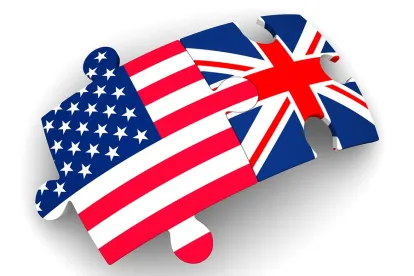While US policymakers are eager to set out trade relations with the UK post-Brexit, the UK cannot begin its own bilateral talks with trading partners until it has formally exited the EU, as the bloc has exclusive competence over trade matters.
Furthermore, the final form of the UK-EU trade relationship will inform how other trade agreements are structured, including a trade agreement with the US. If the UK opts, colloquially speaking, to remain in the EU’s Customs Union, its negotiations with the US would be limited to those areas outside the scope of the union. But in a “no-deal” Brexit, or with changes to the current deal on the Irish border issue, the UK would not be part of the EU’s Customs Union, allowing it to negotiate with greater freedom with new trading partners.
President Trump officials have laid the groundwork to begin talks as soon as possible. On 16 October 2018, they notified the US Congress of President Trump’s intent to begin trade negotiations with the UK, in accordance with domestic law governing the consideration of trade agreements, Trade Promotion Authority. Many are optimistic that US-UK trade talks could progress more smoothly than US-EU negotiations because of the historical relationship between the two countries. But if the UK chooses to align its regulatory structures with the EU, many of the same challenges could arise.
US congressional leaders have generally voiced strong support for a US-UK trade agreement, and will be active participants as talks get underway in the coming months. However, Speaker of the House Nancy Pelosi recently threatened that if the Good Friday accords are put in jeopardy because of Brexit, “…there will be no chance of a US-UK agreement”.





 />i
/>i

